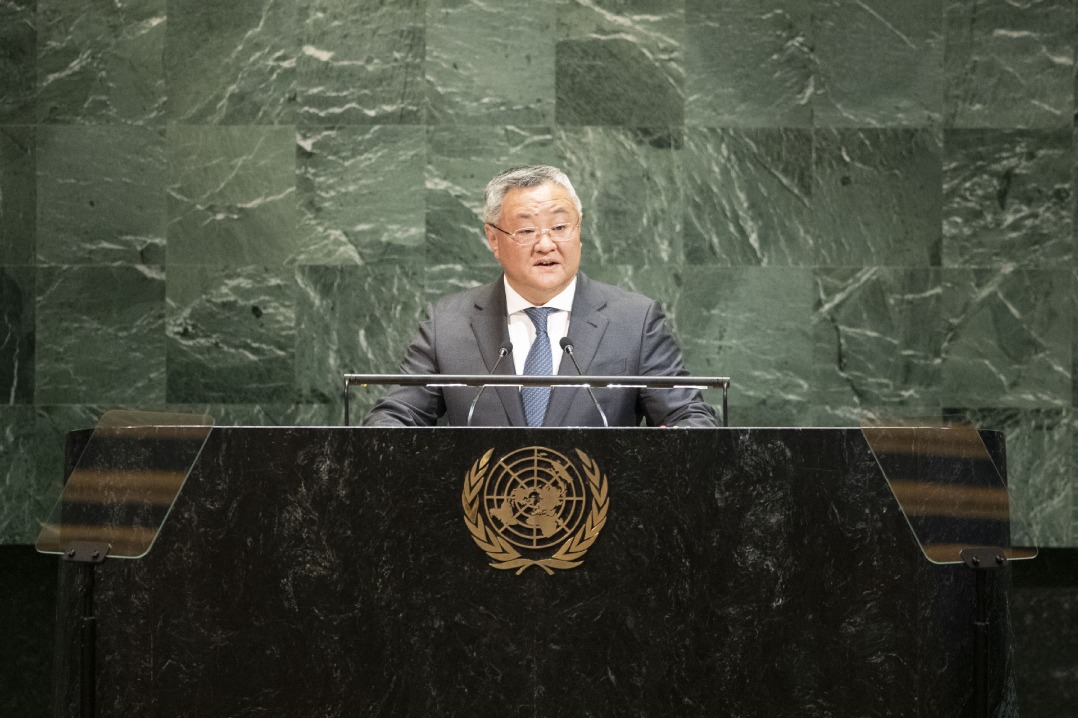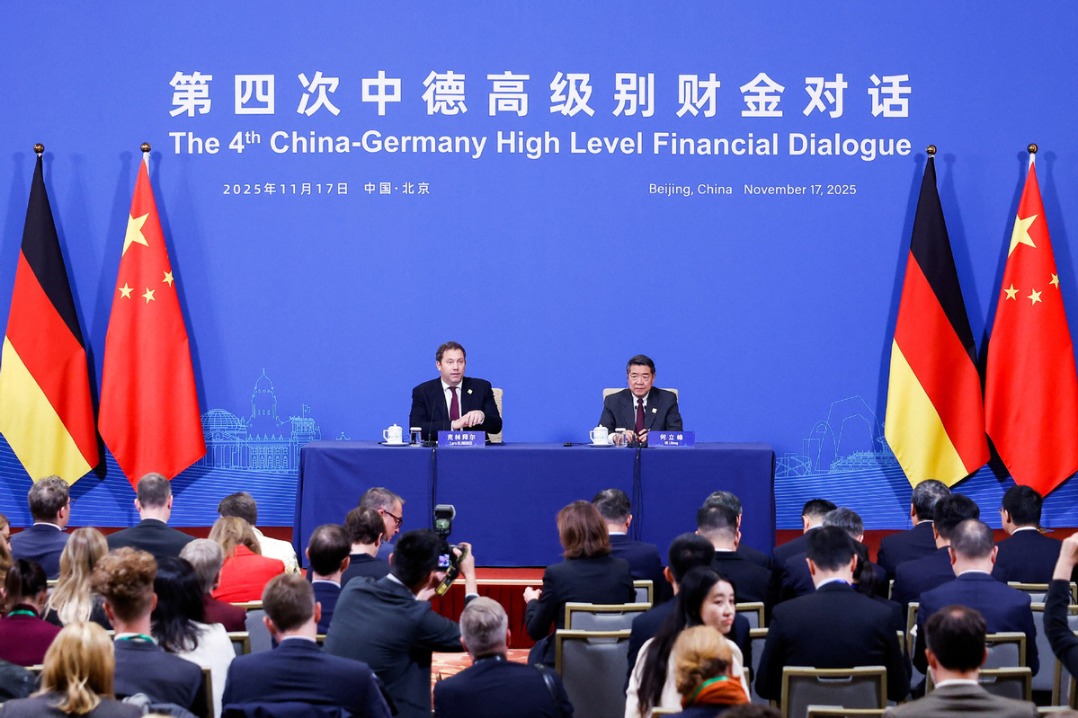German trade bodies decry EV tariffs
By Liu Yukun | China Daily | Updated: 2024-06-19 09:13

The European Union's move to temporarily impose high additional tariffs of up to 38.1 percent on Chinese battery electric vehicles or BEVs from July weakens global cooperation and increases the risk of a global trade conflict, said German trade bodies recently.
Hildegard Muller, president of the German Association of the Automotive Industry, said: "The potential damage that could be caused by the measures now announced may be greater than the potential benefits for the European — and, in particular, the German — automotive industry … It would be expedient if we manage to overcome the existing challenges through dialogue and primarily strive for partnership-based formats and solutions."
The German Federal Association for Economic Development and Foreign Trade said that the EU's additional tariffs on Chinese BEVs send a wrong signal at the wrong time. Hence, the association "firmly rejects" the decision, it said.
Michael Schumann, chairman of the federal association, said: "Inexpensive suppliers from China could stimulate the market and help e-mobility gain more acceptance in Germany. However, protectionism is hindering the mobility transition… Possible countermeasures from the Chinese side could affect a core industry in our country and further damage Germany as a business location in difficult times."
China provides a large market for the EU, according to the latest data from the European Automobile Manufacturers' Association. China is the third-largest market by value for EU vehicle exports, after the United States and the United Kingdom.
Some 359,271 cars were exported from the EU to China in 2023, valued at 19.4 billion euros ($20.8 billion), the auto association said. Among those, 11,499 BEVs were exported from the EU to China in 2023, valued at 852.3 million euros.
Last year, BEVs produced by German automakers saw a nearly 50 percent increase in sales in the Chinese market compared to 2022, said a report by global accounting firm PwC.
Auto industry experts said the trend of EU-China supply chain collaboration is substantial with numerous EU electric vehicle brands assembling in China and sourcing raw materials and components from the region. More Chinese companies are also setting up production hubs in EU countries.
"The fact is that we need China to solve global problems. China plays a decisive role in a successful transformation toward electro-mobility and digitalization — a trade conflict would also jeopardize this transformation … It is also a fact that countervailing duties on BEVs imported from China are not suitable for strengthening the competitiveness of the European automotive industry," Muller said.
























